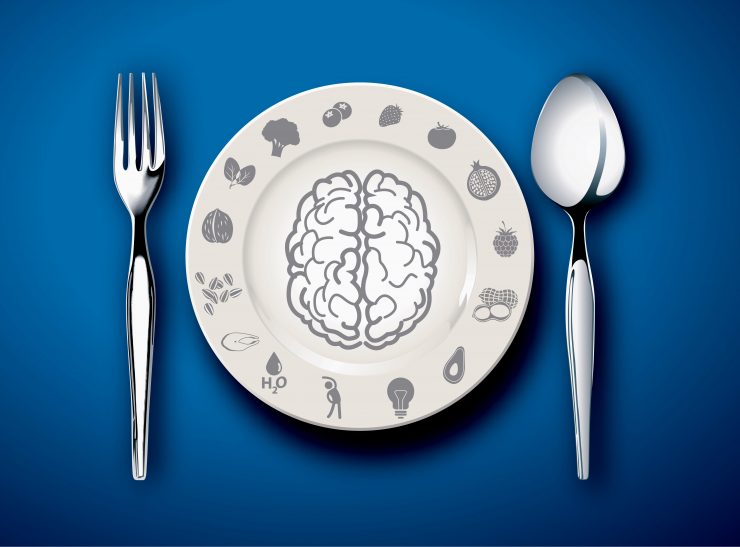These days dementia is in and out of the news, but there are many elderly, well-educated and active people who show no signs of brain deterioration as they age. So what’s the secret to keeping a sharp brain and memory for life?
Clinical Nutritionist Suzie Sawyer shares her tips to looking after your grey matter as the years go by.
EAT SMART FATS
When it comes to staving off memory decline and dementia, many nutrients are key but the omega-3 fats are crucial. The reason? They are needed to build brain neurotransmitters (the brain chemicals that transport messages between nerves and help to regulate mood and other brain functions), plus they have wonderful anti-inflammatory effects – inflammation being at the heart of many degenerative diseases including Alzheimer’s.
As well as making sure you eat plenty of oily fish on a weekly basis, taking some additional krill oil in supplement form is highly beneficial. Krill is a phospholipid which helps to build brain membranes. These phospholipids are also part of our main memory neurotransmitter, acetylcholine. The micro nutrient choline found in eggs is also good for the brain, as are lecithin granules, which you can sprinkle on your breakfast cereal.
B’s ARE FOR THE BRAIN
The B vitamins also play a number of key roles in brain health. Specifically, vitamin B6 and folic acid help reduce levels of homocysteine, which it has been suggested may damage the brain if left unchecked. Additionally, vitamin B12, folic acid, niacin and the essential fats are needed for oxygen uptake by the brain, and deficiency of vitamin B1 can cause all kinds of brain issues. Meanwhile, vitamin B5 helps the body deal with stress; raised levels of the stress hormone cortisol not only cause ‘burn-out’ but also loss of brain cells if left unchecked.
To get your full quota of B’s aim to eat plenty of whole grains, organ meats and fruits and vegetables, but as vitamins are so important, are easily lost from foods, and the body can’t store them, additional supplementation is advisable.
GO GINKGO
The herb ginkgo biloba is another proven brain-booster, particularly as we get older. Gingko encourages good blood circulation around the body, but especially to the brain, helping to improve brain function overall.[1] Depression is often a symptom of dementia and it’s thought gingko may help boost levels of serotonin, which in turn boosts mood.
USE IT OR LOSE IT
With the right nutrition, attitude, brain usage and physical exercise you can build brain cells at any age to help prevent mental decline. So, keep learning new things, reduce stress as much as possible and keep physically active. Any genetic predisposition only plays a small part in dementia and other related illnesses; it’s mostly down to you!
[1] Beck SM et al. Effects of Gingko biloba extract EG 761 on cognitive control functions, mental activity of the prefrontal cortex and stress reactivity in elderly adults with subjective memory impairment – a randomised, double-blind placebo controlled trial. Hum Psychopharmacol. 2016 May; 31 (3):227-42























